The Management of Power by Leaders of Both Movement and Business Unions
by See Double
Union membership has statistically been shown to raise wages, increase benefits and make lives better for the people that vote “Union Yes.” However, the inner workings of a union are not glamorous. Good people devoted to improving the lives of others have agendas. In addition, organizers and their leaders often have a specific set of skills developed over time they use to enforce these agendas. Skills that a rank-and-file worker might not be familiar with.
Take for instance how organizers decide for themselves which workers’ concerns are deemed frivolous to the organizing process. On top of this, consider how the elected leadership of a Business Union decides which of their salaried organizers’ concerns are additionally frivolous. Business Union staff may be working to get you better wages but what do workers get from the union? An organizing drive occurs, then they leave to go to the next drive. Business Agents visit to talk about contract negotiations and if the contract is not to leadership’s liking, contract negotiations include Leadership, Business Agents, Research and only a token worker. Organizing and negotiations are important, but maintaining worker involvement is vital. It should not simply be managed.
One would think as a remedy to the functions of a Business Union, an anti-authoritarian, on-the-job organizer, Movement Union model would be the solution. However, even in these models, persuasive agreement and closed-door sessions still occur among those who have identified the major players of a group. Because of this, the less experienced organizers are treated as an “organizer” in name only and do not wield any actual power as a result. Unfortunately, this lack of say over how a Movement Union’s power gets used or directed often goes hand in hand with who deals with the most socio-economic disenfranchisement.
So, what does a worker do when her union makes decisions without her? What does one do when the people who may very well be fighting for better wages and benefits are not letting you voice your position for where you want this Movement Union to “move” to?
True worker power will always come from those who agree that involvement is the key. Not from union staff or even organizers. Worker power comes from knowing how we should be treated. When management asserts its position as an authority and our individual and collective dignity is impaired, shouldn’t we ask ourselves and our union to put forth the means that everyone be given the equitable treatment and skills for which to make change?
When an organizer tells you to vote for the union, ask him more than what to vote for. Tell the organizer not to use our working-class identity to give power to someone else. Give workers the power!
